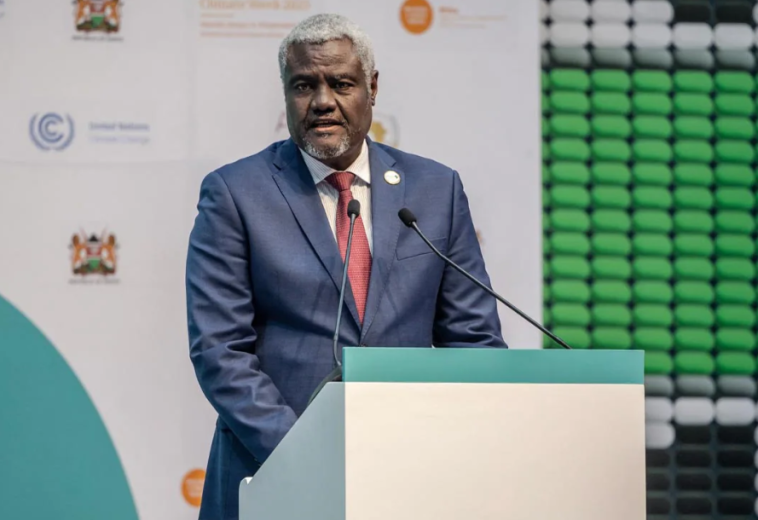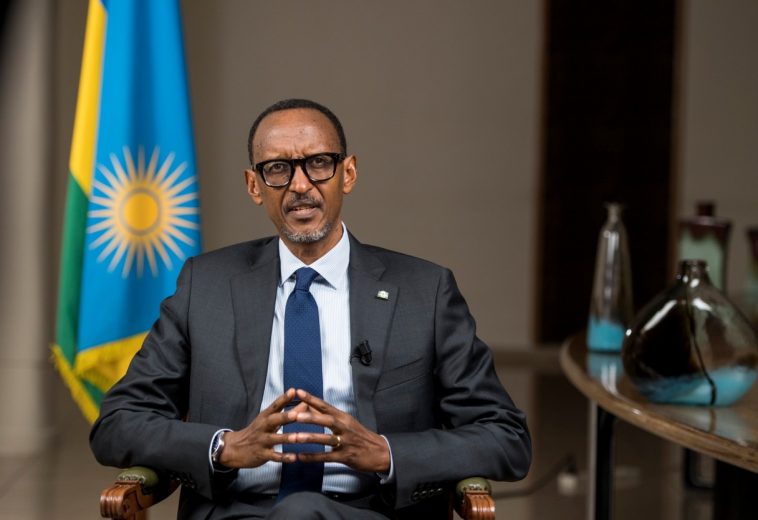In a world where political transitions often breed unrest, Africa stands at a pivotal moment in history, defining its democratic prowess. We took a deep dive into the success stories of democratic transitions across the continent, shining a light on Africa’s evolving political landscape.
This article attempts to encapsulates the essence of Africa’s successful democratic transitions, showcasing the continent’s journey towards political maturity and hope for the future.
Democracy, a system empowering citizens with governance, varies widely across Africa. While some nations exhibit stable democratic systems, others grapple with political instability and governance challenges.
Elections stand as the cornerstone of democracy in Africa, serving three vital purposes. They fortify democratic institutions, provide a means for citizens to monitor and control governance, and grant the power to elect capable leaders. However, for elections to serve these purposes, they must embody principles of legitimacy, inclusivity, justice, freedom, and competition, regardless of their location.
During democratic transitions, the transfer of power through elections from incumbent governments to new leadership defines the continent’s political shifts. Notable examples like Ghana, Nigeria, South Africa, and Tanzania showcase diverse paths to successful democratic transitions.
Ghana’s seven transitions since its return to democratic rule in 1992 reveal a pattern of power shifts between ruling and opposition parties. Notably, Ghana’s strides towards democracy were reinforced by peaceful transfers of power and historic election victories.
Nigeria’s transition from military rule in 1999 marked a significant turn in its democratic journey. Despite criticisms of flawed elections, subsequent transitions witnessed changes in leadership, affirming the country’s commitment to democratic processes.
South Africa, post-apartheid, embarked on a journey led by Nelson Mandela, symbolizing hope and reconciliation. Its steady democratic progress saw the ANC maintain dominance in successive elections, displaying resilient leadership amidst challenges.
Tanzania’s political landscape showcased a commitment to stability through peaceful transitions, exemplified by the nation’s historical moments, including the recent inauguration of its first female head of state, Samia Suluhu Hassan.
In democratic societies, the roles played by civil society, NGOs, and international support bolster transparency, governance, and sustainable development.
Africa’s success stories in democratic transitions set examples for nations globally. Despite challenges, navigating transitions lawfully marks a distinction, propelling growth and development across the continent.
African Leadership Magazine’s exploration of Africa’s democratic transitions portrays a continent moving towards progress and stability, inspiring hope and setting examples for others to follow.


